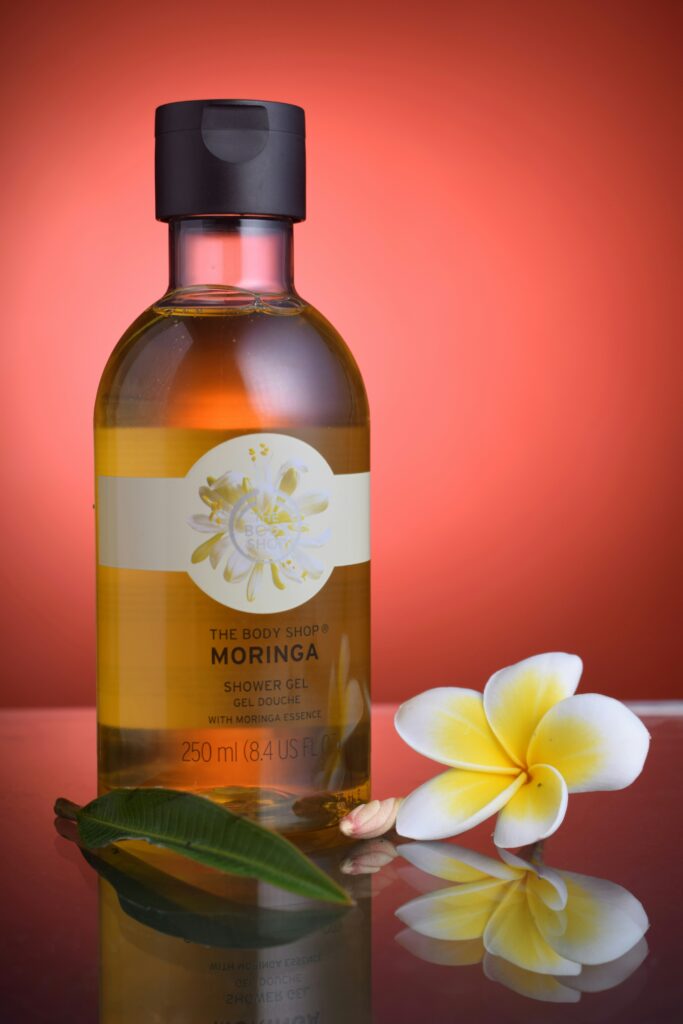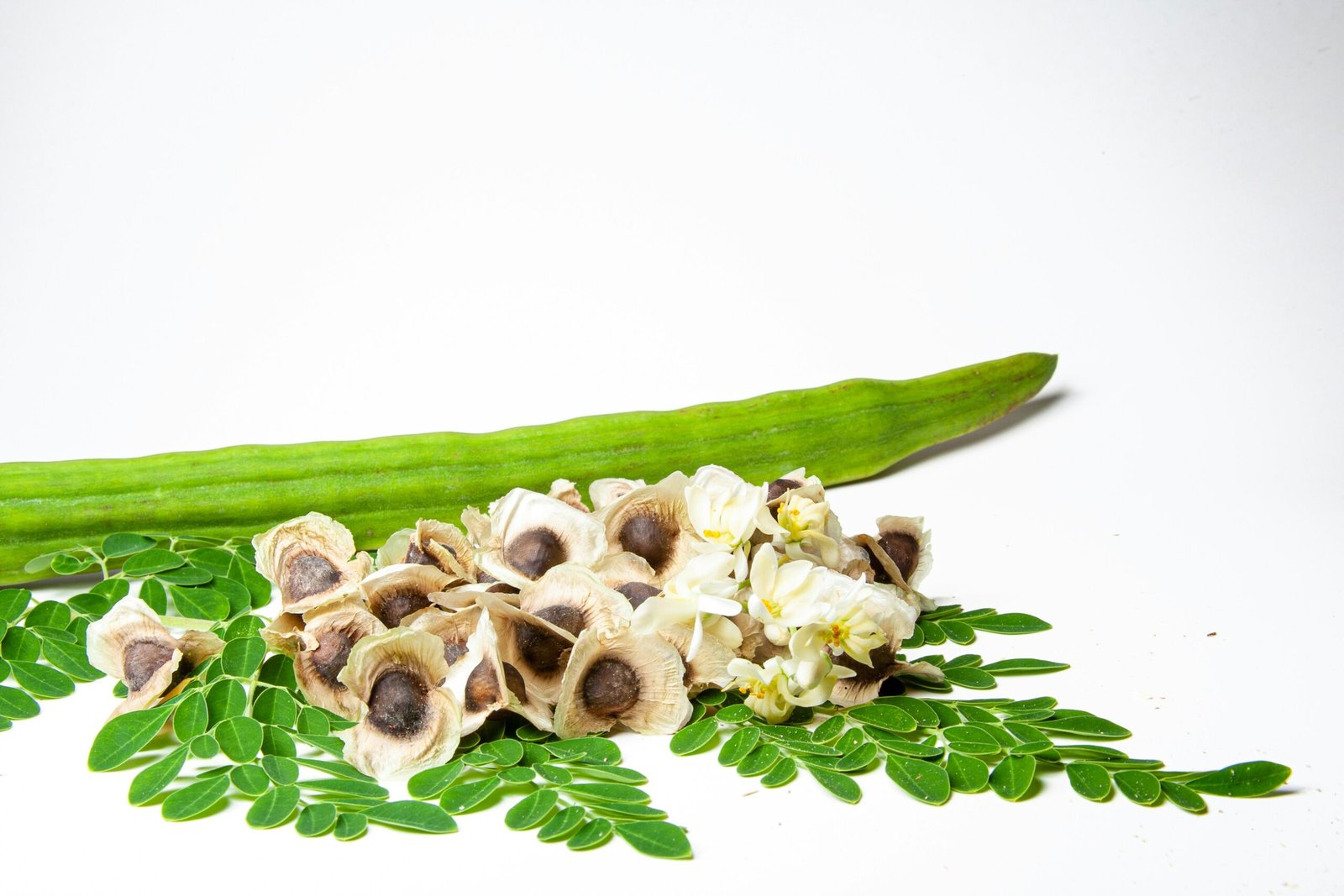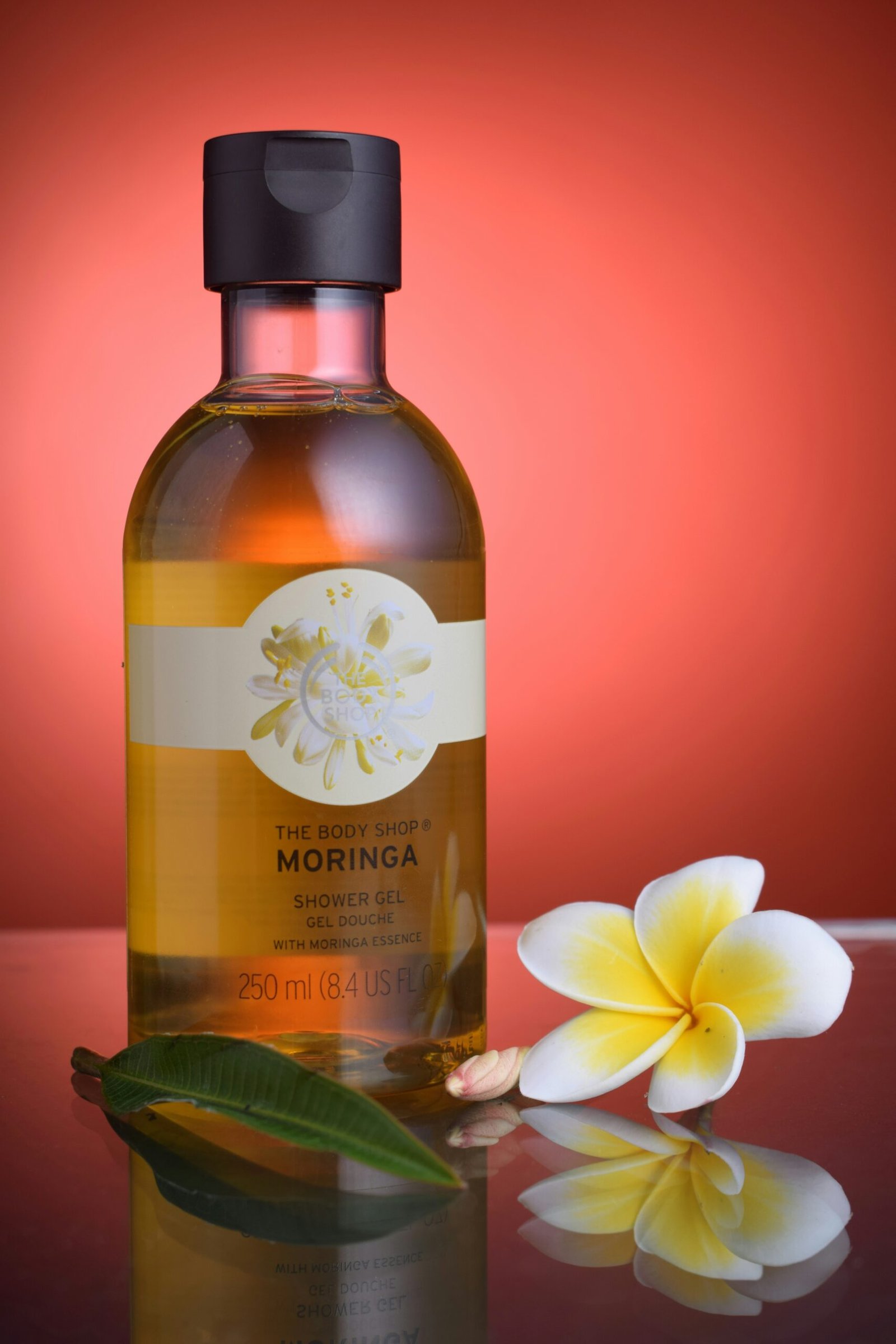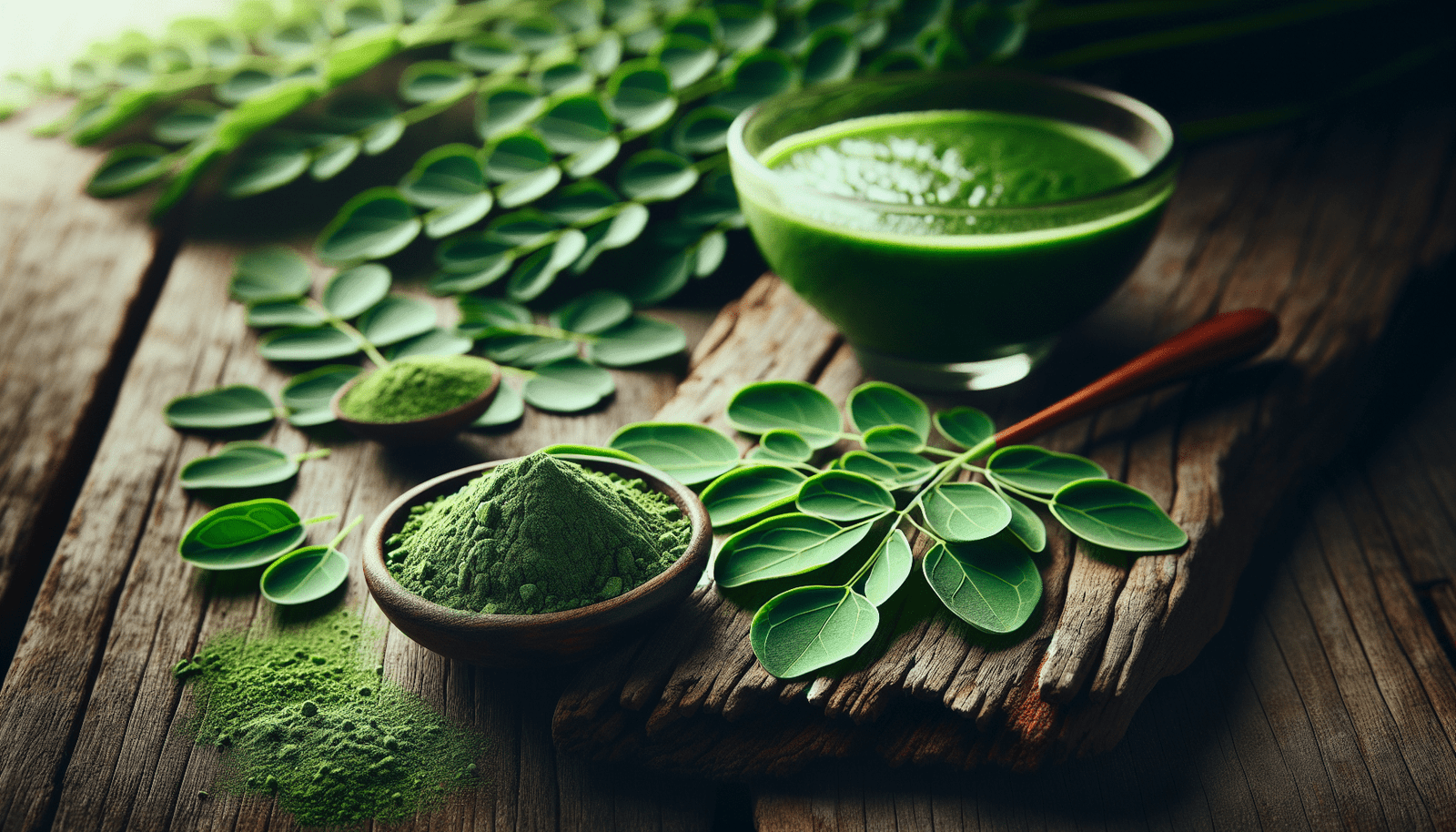
Have you ever considered how certain natural remedies could play a role in your health? One such remedy that has garnered attention in recent years is Moringa. Known as the “drumstick tree” or “miracle tree,” Moringa has a longstanding reputation in traditional medicine, specifically for its nutritional benefits and potential health applications. Today, let’s examine whether Moringa can help reduce cholesterol levels.

What is Moringa?
Moringa is a tree native to parts of Africa and Asia. It’s packed with nutrients and has been used for centuries in various cultures for its medicinal properties. The leaves, seeds, and pods of the Moringa tree are all edible and contain an array of vitamins, minerals, and antioxidants.
Nutritional Profile of Moringa
Moringa leaves are highly regarded for their impressive nutrient content. Here’s a breakdown of some of the essential components:
| Nutrient | Amount per 100g |
|---|---|
| Vitamin A | 18,000 IU |
| Vitamin C | 220 mg |
| Calcium | 440 mg |
| Iron | 4 mg |
| Protein | 9 g |
| Fiber | 2 g |
As you can see, Moringa offers a wealth of essential vitamins and minerals, making it a great addition to a healthy diet. But how does this relate to cholesterol?
Understanding Cholesterol
Cholesterol is a waxy substance that your body needs to build cells and produce hormones. However, not all cholesterol is created equal. There are two primary types of cholesterol: Low-Density Lipoprotein (LDL) and High-Density Lipoprotein (HDL).
- LDL (Bad Cholesterol): This type can build up in the walls of your arteries, increasing the risk of heart disease and stroke.
- HDL (Good Cholesterol): This type helps remove LDL from the arteries, playing a protective role in cardiovascular health.
Ideal Cholesterol Levels
Understanding your cholesterol numbers is crucial for managing your health. Here is a general guideline for cholesterol levels:
| Cholesterol Type | Optimal Level |
|---|---|
| Total Cholesterol | Less than 200 mg/dL |
| LDL | Less than 100 mg/dL |
| HDL | 40 mg/dL (men), 50 mg/dL (women) |
| Triglycerides | Less than 150 mg/dL |
Keeping these numbers in check can significantly impact your long-term health.
How Moringa May Help Reduce Cholesterol
The interest in Moringa as a potential cholesterol-lowering agent stems from its rich composition of antioxidants, vitamins, and minerals. Research indicates that Moringa may positively impact cholesterol levels in various ways.
Antioxidants and Cholesterol
Moringa contains several antioxidants, including quercetin, chlorogenic acid, and beta-carotene. Antioxidants play a crucial role in neutralizing free radicals, which can lead to oxidative stress – a factor that contributes to high cholesterol and heart disease.
How Antioxidants Work
Antioxidants help protect your cells from damage. For heart health, they can reduce inflammation and improve blood vessel function, which is essential for maintaining healthy cholesterol levels.
Anti-Inflammatory Properties
Chronic inflammation can lead to increased LDL cholesterol levels. Moringa has been recognized for its anti-inflammatory properties, which may help reduce inflammation in the body and lower cholesterol levels.
Compounds in Moringa that Combat Inflammation
Moringa is rich in several anti-inflammatory compounds:
- Isothiocyanates: Have been shown to lower lipid levels and may prevent arterial plaque formation.
- Flavonoids: These compounds have been linked to improved endothelial function, which can enhance heart health.
Scientific Studies on Moringa and Cholesterol
Several studies have investigated the effects of Moringa on cholesterol levels. While more comprehensive research is needed, preliminary findings are promising.
Study Insights
-
Animal Studies: Research on animals has demonstrated that Moringa leaf extract can significantly reduce serum cholesterol levels. One study observed a notable reduction in LDL and total cholesterol in rats fed a high-fat diet supplemented with Moringa.
-
Human Studies: A limited number of human studies have also shown that Moringa supplementation can lead to improvements in lipid profiles. Participants who consumed Moringa experienced reductions in LDL and total cholesterol.
-
Comparative Analysis: Researchers have compared Moringa with other herbal supplements, noting that Moringa often outperforms many common cholesterol-lowering agents.
Limitations of Current Research
Though the existing studies suggest potential benefits, they often have limitations, such as small sample sizes and short duration. So while the data is encouraging, it’s essential to approach Moringa as a complementary approach rather than a standalone treatment.

How to Incorporate Moringa into Your Diet
If you’re interested in adding Moringa to your diet, there are several ways to do so. Here are some popular methods:
Moringa Powder
Moringa powder is made from dried leaves and can be mixed into smoothies, soups, or baked goods. Just a spoonful can enhance the nutrient profile of your meals.
Moringa Tea
You can find Moringa leaves available as loose-leaf tea or in tea bags. Sipping on Moringa tea is a relaxing way to reap the benefits of this superfood.
Moringa Capsules
For those who prefer convenience, Moringa supplements come in capsule form. While this method is straightforward, be sure to check the dosage to maximize benefits without going overboard.
Moringa Oil
Moringa oil, extracted from the seeds, is great for cooking and has a variety of culinary uses. It’s known for its high smoke point, which makes it suitable for frying.
Potential Side Effects of Moringa
While Moringa is generally safe for most people when consumed in moderate amounts, it’s wise to be aware of potential side effects. Here are a few to consider:
Gastrointestinal Distress
Some individuals may experience mild gastrointestinal discomfort when starting on Moringa, such as:
- Nausea
- Diarrhea
- Bloating
To minimize these effects, gradually introduce Moringa into your diet and monitor how your body reacts.
Medication Interactions
Moringa may interact with certain medications, including those used for diabetes and blood pressure. If you’re on medication, it’s a good idea to consult your healthcare provider before incorporating Moringa.
Not Suitable for Everyone
Pregnant or breastfeeding women should exercise caution when consuming Moringa, as certain compounds may affect hormone levels and uterine contractions. Always discuss with a healthcare professional if you’re unsure.

Lifestyle Changes to Manage Cholesterol
While Moringa can contribute positively to your cholesterol levels, it’s essential to adopt a holistic approach to heart health. Here are some lifestyle changes you can implement:
Balanced Diet
Incorporate plenty of fruits, vegetables, whole grains, and healthy fats into your diet while reducing saturated fats and trans fats. Foods rich in fiber, such as legumes, oats, and fruits, can further support good cholesterol levels.
Regular Exercise
Physical activity is key. Aim for at least 150 minutes of moderate-intensity exercise weekly. This can include walking, cycling, swimming, or any activity that increases your heart rate.
Avoid Smoking and Limit Alcohol
It’s a good idea to limit alcohol intake and avoid smoking, as these habits can negatively affect cholesterol levels and overall heart health.
Regular Health Check-ups
Keep track of your cholesterol levels with regular blood tests. If you notice any changes, consult your healthcare provider for advice and adjustments to your approach.
Conclusion
Considering the nutritional richness of Moringa and the preliminary evidence suggesting its potential cholesterol-lowering benefits, it’s an exciting natural remedy in the realm of heart health. While it shouldn’t replace medical advice or treatment, incorporating Moringa into a balanced diet and healthy lifestyle can be a step in the right direction.
Your health journey is unique, and it’s always a good idea to consult with a healthcare professional before making any significant changes. Remember that the most effective way to manage cholesterol involves a multi-faceted approach, including a nutritious diet, regular exercise, and mindful lifestyle choices. Would you consider adding Moringa to your dietary repertoire?
